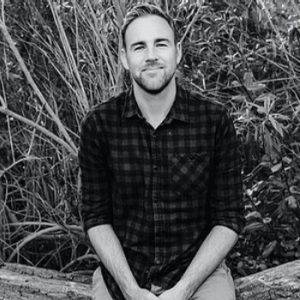Although most enter therapy insisting that they want change, more often than not, what they really want is to remain the same and to get the therapist to make them feel better. What I have noticed is those who get the most out of therapy come in with an attitude of openness, curiosity about themselves/others, honesty, a desire for growth, and a willingness to take risks (most importantly, the biggest risk – of opening up in therapy).
We are all resistant to change by our very nature. It’s scary. The world is random and chaotic and our unique way of digesting it gives it order. Some find it through a faith, role model, philosophy, or a pocket full of one liners. Life’s randomness only becomes tolerable as it filters through our personal philosophies. Think about it- if every time we were exposed to new information, a new perspective, or a good argument and we changed entirely based upon mere exposure to this information or experience life would be pure chaos. Each election cycle would chart voters political standings on a cryptocurrency like graph. People would change their likes and preferences after each time they opened instagram – it would be madness! We are wired to keep the status quo and profoundly wedded to and soothed by the power of the familiar. It’s all unconscious. Look at how people are much more likely to recreate the dynamics and issues in their family of origin than become something entirely different. If you don’t stop and look, confront the past, and commit to change, then the natural trajectory is for the past to become the future.
Accepting the previous paragraph as real and true is the first step to resolving any issue. Taking a reflective, honest, inventory of ourselves and our feelings is the second and then we must consider a new way to go after bearing the emotions of the previous steps. This requires professional help and there’s no two ways about it. We are programmed to avoid the emotions and conflicts in our blindspots, we have to walk alongside a trained professional to do this. We have to accept that we are mysteries to ourselves and entertain the idea that the unique lens of a trained professional could be of help. We know that change begets change begets change- in systems theory or quantum physics this is called a “bifurcation point.” A point in which we can choose to remain the same or risk becoming untangled only to re-emerge as more whole, flexible, complex, and adaptable than ever before. I don’t know of anyone that has regrets about ever starting therapy, but I have met some in tears that wish they would have started decades sooner. We are here. Call us.
Keil Psych Group
714-334-5497





